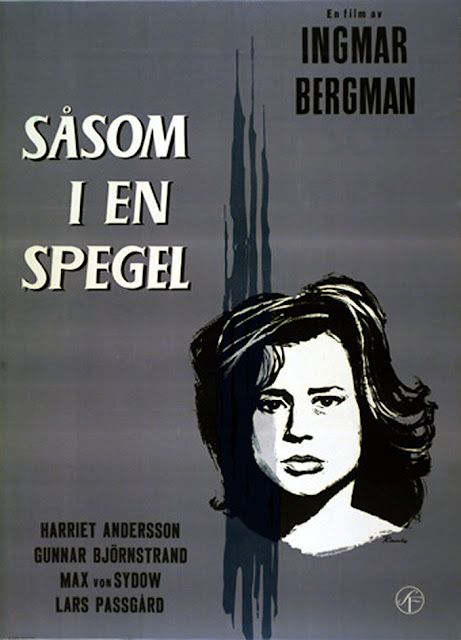☆ ☆ ☆ ☆ ½
The
Firemen’s Ball (1967) – M. Forman
You don’t have to be an overly sensitive
Communist official to grasp the gist of Milos Forman’s comedy or to see its
body blows hit the target. The leaders
of the local fire brigade organise an annual ball that is a showcase for all the
failings of Iron Curtain communism. The
committee running things can’t agree on anything. For example, they plan to
present a gift to their aging former leader (portrayed as completely out-of-it)
and to hold a beauty contest to find someone to award it to him, but every
member of the committee has a different view.
The parents are shown as either sucking up to the committee or avoiding
them completely. The girls themselves are vulnerable and exploited (one strips
while the others flee to hide in the bathroom).
A table of raffle prizes is slowly depleted before the raffle is even
held, with the committee at pains to argue that they themselves are not
stealing, despite it being obvious that their family members are guilty. In the end, even the present for the leader
has gone missing. When a real fire
breaks out at a nearby house, of course, the firefighters are unable to stop it
being completely demolished and they offer only verbal support to the victim
who has lost his house. Fifty years
later, this could be seen as “merely” a ridiculous rollicking comedy
(successful on its own merits) but just before the Prague Spring you can see
how its acute not-very-veiled criticism is a prelude to the brutal crackdown by
the Soviets (and Forman’s escape to the USA to ultimately direct One Flew Over
the Cuckoo’s Nest and other hits). Brave
and lacerating.





